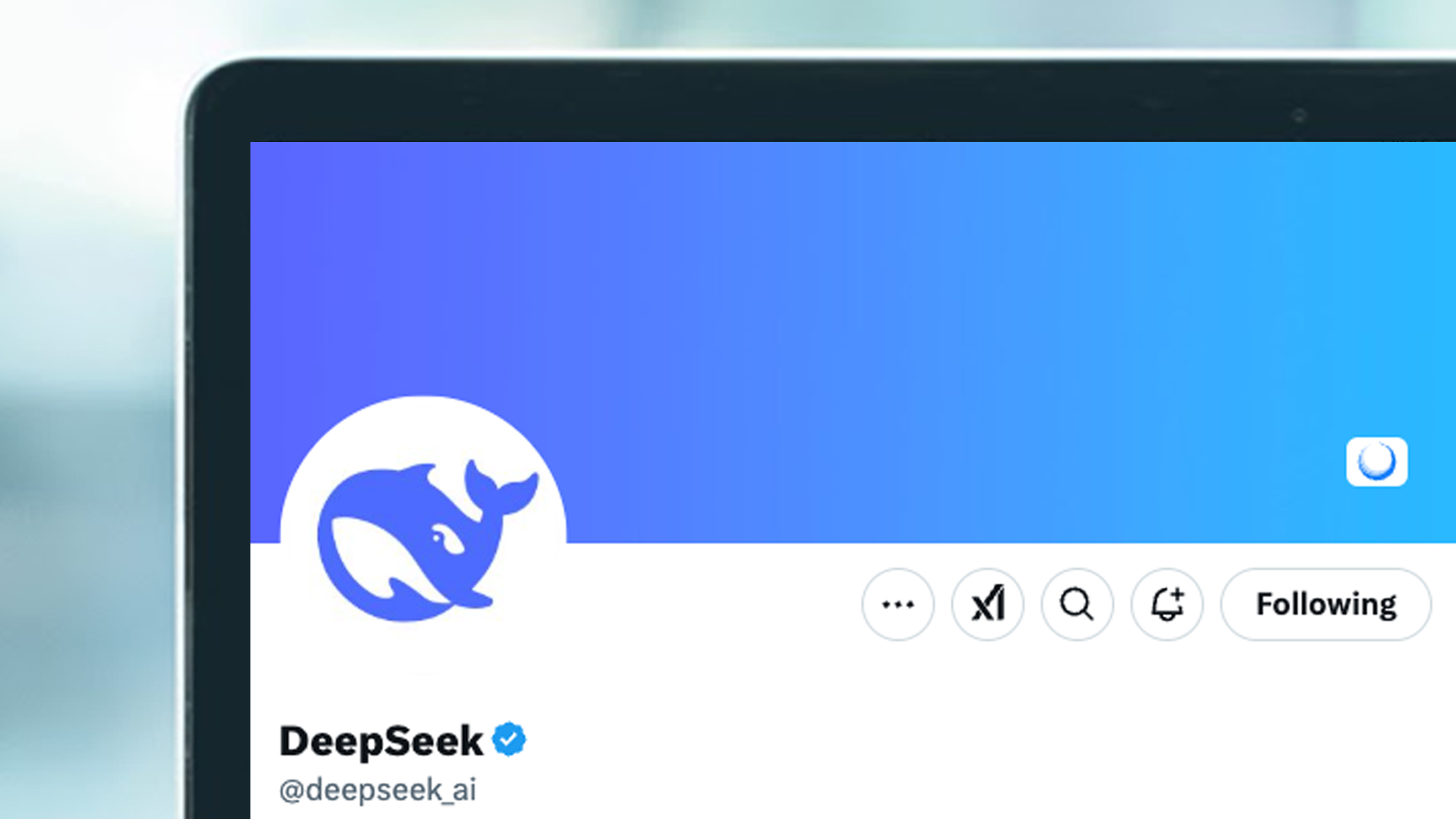
Balscoaching
Add a review FollowOverview
-
Founded Date March 26, 1918
-
Sectors Security Guard
-
Posted Jobs 0
-
Viewed 52
Company Description
China’s DeepSeek Surprise

Produced by ElevenLabs and News Over Audio (Noa) using AI narration. Listen to more stories on the Noa app.

One week earlier, a brand-new and powerful challenger for OpenAI’s throne emerged. A Chinese AI start-up, DeepSeek, introduced a design that appeared to match the most powerful variation of ChatGPT however, a minimum of according to its developer, was a portion of the expense to develop. The program, called DeepSeek-R1, has prompted plenty of issue: Ultrapowerful Chinese AI models are precisely what many leaders of American AI companies feared when they, and more recently President Donald Trump, have sounded alarms about a technological race between the United States and the People’s Republic of China. This is a “get up require America,” Alexandr Wang, the CEO of Scale AI, talked about social networks.

But at the very same time, numerous Americans-including much of the tech industry-appear to be admiring this Chinese AI. Since today, DeepSeek had actually overtaken ChatGPT as the leading totally free application on Apple’s mobile-app store in the United States. Researchers, executives, and financiers have actually been heaping on appreciation. The brand-new DeepSeek design “is among the most amazing and impressive breakthroughs I have actually ever seen,” the endeavor capitalist Marc Andreessen, an outspoken advocate of Trump, wrote on X. The program shows “the power of open research,” Yann LeCun, Meta’s chief AI researcher, wrote online.
Indeed, the most noteworthy feature of DeepSeek may be not that it is Chinese, but that it is fairly open. Unlike leading American AI labs-OpenAI, Anthropic, and Google DeepMind-which keep their research study practically totally under wraps, DeepSeek has made the program’s last code, along with a thorough technical description of the program, free to see, download, and customize. To put it simply, anyone from any nation, including the U.S., can use, adapt, and even surpass the program. That openness makes DeepSeek a boon for American start-ups and researchers-and an even bigger danger to the leading U.S. companies, along with the federal government’s national-security interests.
To understand what’s so impressive about DeepSeek, one has to look back to last month, when OpenAI released its own technical development: the complete release of o1, a brand-new type of AI design that, unlike all the “GPT”-design programs before it, appears able to “reason” through difficult problems. o1 showed leaps in efficiency on a few of the most tough math, coding, and other tests offered, and sent the remainder of the AI market rushing to replicate the brand-new reasoning model-which OpenAI divulged very few technical details about. The start-up, and therefore the American AI industry, were on top. (The Atlantic just recently participated in a corporate collaboration with OpenAI.)
DeepSeek, less than two months later on, not just shows those same “reasoning” abilities obviously at much lower expenses but has actually also spilled to the remainder of the world at least one method to match OpenAI’s more concealed approaches. The program is not entirely open-source-its training data, for circumstances, and the great details of its production are not public-but unlike with ChatGPT, Claude, or Gemini, scientists and start-ups can still study the DeepSearch term paper and directly work with its code. OpenAI has massive quantities of capital, computer chips, and other resources, and has actually been working on AI for a years. In comparison, DeepSeek is a smaller sized group formed 2 years ago with far less access to essential AI hardware, because of U.S. export controls on advanced AI chips, but it has actually depended on numerous software and efficiency enhancements to catch up. DeepSeek has reported that the last training run of a previous model of the design that R1 is constructed from, launched last month, expense less than $6 million. Meanwhile, Dario Amodei, the CEO of Anthropic, has stated that U.S. business are currently spending on the order of $1 billion to train future designs. Exactly just how much the most recent DeepSeek cost to build is uncertain-some researchers and executives, including Wang, have actually cast doubt on just how cheap it might have been-but the price for software developers to integrate DeepSeek-R1 into their own items is roughly 95 percent more affordable than integrating OpenAI’s o1, as measured by the price of every “token”-basically, every word-the design creates.
DeepSeek’s success has abruptly required a wedge in between Americans most straight bought outcompeting China and those who gain from any access to the very best, most trustworthy AI designs. (It’s a divide that echoes Americans’ attitudes about TikTok-China hawks versus content creators-and other Chinese apps and platforms.) For the start-up and research study neighborhood, DeepSeek is a huge win. “A non-US business is keeping the initial objective of OpenAI alive,” Jim Fan, a top AI researcher at the chipmaker Nvidia and a former OpenAI worker, composed on X. “Truly open, frontier research that empowers all.”

But for America’s leading AI companies and the country’s government, what DeepSeek represents is unclear. The stocks of many significant tech firms-including Nvidia, Alphabet, and Microsoft-dropped today in the middle of the excitement around the Chinese design. And Meta, which has actually branded itself as a champion of open-source models in contrast to OpenAI, now seems an action behind. (The company is supposedly panicking.) To some investors, all of those enormous data centers, billions of dollars of financial investment, and even the half-a-trillion-dollar AI-infrastructure joint endeavor from OpenAI, Oracle, and SoftBank, which Trump just recently revealed from the White House, might appear far less necessary. Maybe bigger AI isn’t much better. For those who fear that AI will enhance “the Chinese Communist Party’s worldwide influence,” as OpenAI wrote in a recent lobbying document, this is legitimately concerning: The DeepSeek app refuses to address questions about, for example, the Tiananmen Square demonstrations and massacre of 1989 (although the censorship might be reasonably easy to prevent).
None of that is to say the AI boom is over, or will take a drastically various kind going forward. The next iteration of OpenAI’s reasoning models, o3, far more powerful than o1 and will quickly be readily available to the public. There are some signs that DeepSeek trained on ChatGPT outputs (outputting “I’m ChatGPT” when asked what model it is), although maybe not intentionally-if that’s the case, it’s possible that DeepSeek might just get a running start thanks to other premium chatbots. America’s AI innovation is speeding up, and its major types are beginning to handle a technical research study focus besides reasoning: “agents,” or AI systems that can utilize computers on behalf of human beings. American tech giants could, in the end, even advantage. Satya Nadella, the CEO of Microsoft, framed DeepSeek as a win: More efficient AI implies that use of AI across the board will “escalate, turning it into a product we just can’t get enough of,” he composed on X today-which, if true, would help Microsoft’s profits also.
Still, the pressure is on OpenAI, Google, and their rivals to maintain their edge. With the release of DeepSeek, the nature of any U.S.-China AI “arms race” has shifted. Preventing AI computer system chips and code from spreading out to China obviously has not tamped the capability of scientists and business situated there to innovate. And the reasonably transparent, publicly offered variation of DeepSeek could imply that Chinese programs and approaches, rather than leading American programs, become international technological standards for AI-akin to how the open-source Linux running system is now basic for significant web servers and supercomputers. Being democratic-in the sense of vesting power in software designers and users-is exactly what has actually made DeepSeek a success. If Chinese AI preserves its transparency and ease of access, regardless of emerging from an authoritarian regime whose people can’t even freely utilize the web, it is relocating exactly the opposite instructions of where America’s tech industry is heading.